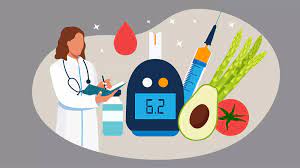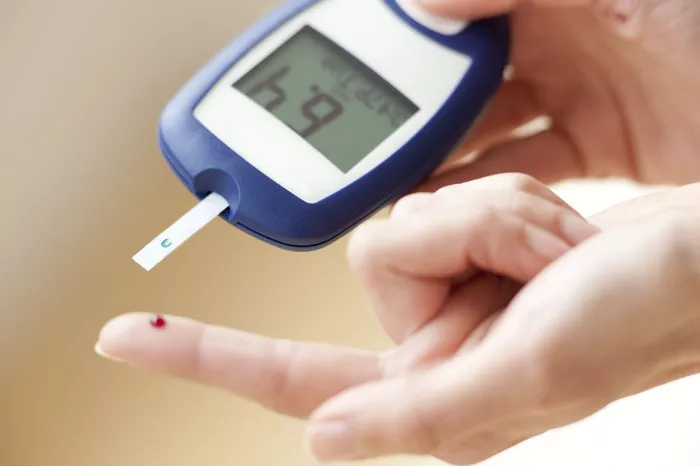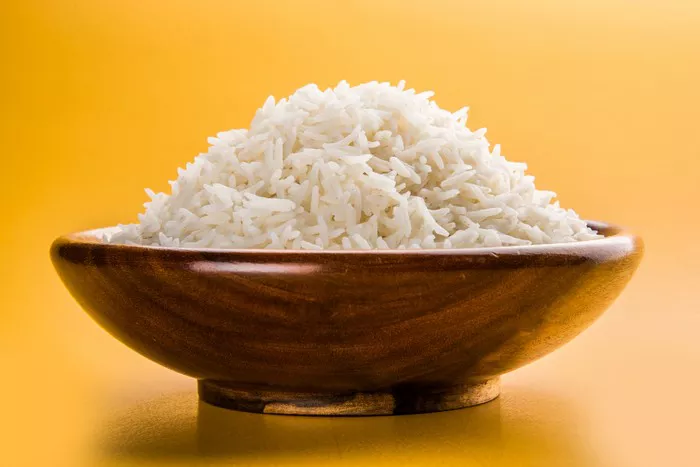Introduction
Hypoglycemia, a condition characterized by abnormally low blood glucose levels, is a significant concern for individuals managing diabetes, particularly those on insulin therapy. This article delves into the timing and mechanisms of hypoglycemia following insulin administration, providing a comprehensive overview for healthcare professionals and patients alike.
What is Hypoglycemia?
Hypoglycemia is defined as a blood glucose level below 70 mg/dL. Symptoms can range from mild, such as shakiness and sweating, to severe, including confusion, seizures, and loss of consciousness. For diabetic patients, understanding the causes and timing of hypoglycemia is crucial for effective management.
Mechanisms of Insulin-Induced Hypoglycemia
Insulin is a hormone essential for regulating blood glucose levels. It facilitates the uptake of glucose into cells for energy production and storage as glycogen in the liver and muscles. In individuals with diabetes, insulin therapy is used to mimic this natural process, either through injections or insulin pumps. However, exogenous insulin can sometimes drive blood glucose levels too low, leading to hypoglycemia.
Types of Insulin and Their Profiles
Different types of insulin have varying onset, peak, and duration times, which influence the timing of hypoglycemia:
- Rapid-Acting Insulin: Onsets within 10-30 minutes, peaks at 30-90 minutes, and lasts 3-5 hours.
- Short-Acting Insulin: Onsets within 30-60 minutes, peaks at 2-4 hours, and lasts 5-8 hours.
- Intermediate-Acting Insulin: Onsets within 1-2 hours, peaks at 4-12 hours, and lasts 12-18 hours.
- Long-Acting Insulin: Onsets within 1-2 hours, does not have a pronounced peak, and lasts up to 24 hours.
- Ultra-Long-Acting Insulin: Onsets within 6 hours, does not have a peak, and lasts up to 36 hours.
Timing of Hypoglycemia After Insulin Administration
The timing of hypoglycemia largely depends on the type of insulin used and individual patient factors. Here’s an in-depth look at when hypoglycemia is most likely to occur with each type of insulin:
- Rapid-Acting Insulin: Hypoglycemia can occur as soon as 1 hour post-injection, coinciding with the peak action. This type of insulin is often taken before meals, so monitoring blood glucose levels around meal times is crucial. Consuming a meal with adequate carbohydrates can help mitigate the risk.
- Short-Acting Insulin: Typically, hypoglycemia may occur 2-3 hours post-injection, aligning with the peak action. Patients are advised to monitor their blood glucose levels 2 hours after administration and have a snack if necessary.
- Intermediate-Acting Insulin: Hypoglycemia may occur 4-12 hours after administration, with a pronounced risk during the peak action. This insulin type is often taken in conjunction with rapid- or short-acting insulin, requiring careful timing and monitoring throughout the day.
- Long-Acting Insulin: While long-acting insulin aims to provide a basal level of insulin, hypoglycemia can still occur, particularly overnight or if the dosage is too high. Patients should monitor their blood glucose levels at bedtime and in the early morning.
- Ultra-Long-Acting Insulin: The risk of hypoglycemia is lower due to the lack of a pronounced peak. However, improper dosing or sensitivity can still lead to hypoglycemia, often more unpredictably.
Factors Influencing Hypoglycemia Timing
Several factors can affect when hypoglycemia occurs after insulin administration:
- Dosage and Timing: The amount of insulin and its timing relative to meals and physical activity are critical. Overestimating the dose or mistiming the injection can lead to hypoglycemia.
- Carbohydrate Intake: Inadequate carbohydrate consumption relative to insulin can precipitate hypoglycemia. Patients should match their carbohydrate intake with their insulin dosage.
- Physical Activity: Exercise increases insulin sensitivity and glucose uptake by muscles, potentially leading to hypoglycemia. Patients need to adjust their insulin and carbohydrate intake before and after physical activity.
- Individual Variability: Factors such as body weight, insulin sensitivity, and overall health can influence how quickly insulin acts and how long its effects last.
- Concurrent Medications: Other medications, particularly those affecting liver function or glucose metabolism, can impact blood glucose levels and insulin action.
Preventing Hypoglycemia After Insulin
To prevent hypoglycemia, patients and healthcare providers can employ several strategies:
- Personalized Insulin Regimens: Tailoring insulin types and dosages to individual needs can help minimize the risk. Continuous glucose monitoring (CGM) systems can aid in fine-tuning these regimens.
- Education and Training: Patients should receive comprehensive education on recognizing hypoglycemia symptoms, appropriate responses, and the importance of regular blood glucose monitoring.
- Dietary Management: Consistent carbohydrate intake and awareness of the glycemic index of foods can help balance blood glucose levels. Eating small, frequent meals and snacks may also be beneficial.
- Physical Activity Planning: Understanding the impact of exercise on insulin action and glucose levels is crucial. Patients should monitor their blood glucose before, during, and after exercise and adjust their insulin or carbohydrate intake accordingly.
- Regular Follow-Up: Regular consultations with healthcare providers for adjusting insulin therapy based on lifestyle changes, dietary habits, and health status are essential for preventing hypoglycemia.
Managing Hypoglycemia
Despite preventive measures, hypoglycemia can still occur. Prompt and effective management is vital:
- Immediate Treatment: Consuming fast-acting carbohydrates, such as glucose tablets, juice, or candy, can quickly raise blood glucose levels. The “15-15 Rule” (15 grams of carbohydrate followed by a blood glucose check after 15 minutes) is a common guideline.
- Glucagon Injections: For severe hypoglycemia, where the individual cannot ingest carbohydrates, glucagon injections are necessary. Family members and caregivers should be trained in administering glucagon.
- Monitoring and Documentation: Keeping a log of hypoglycemic episodes can help identify patterns and triggers, aiding in future prevention and management.
- Consultation with Healthcare Providers: Regular follow-ups with healthcare providers to review insulin therapy and lifestyle factors are essential in preventing recurrent hypoglycemia.
Advanced Technologies in Hypoglycemia Prevention
Advances in diabetes management technology are enhancing the prevention and management of hypoglycemia:
- Continuous Glucose Monitors (CGMs): CGMs provide real-time blood glucose readings, allowing for proactive adjustments to insulin therapy and dietary intake. Alarms for low glucose levels can alert patients before hypoglycemia becomes severe.
- Closed-Loop Systems: Also known as artificial pancreas systems, these integrate CGMs with insulin pumps to automatically adjust insulin delivery based on real-time glucose readings. They can significantly reduce the risk of hypoglycemia.
- Smart Insulin Pens: These devices record insulin doses and times, helping patients and healthcare providers analyze insulin usage patterns and make informed adjustments.
- Mobile Apps and Digital Health Platforms: These tools offer tracking, reminders, and educational resources to support diabetes management and hypoglycemia prevention.
Research and Future Directions
Ongoing research aims to improve understanding and management of hypoglycemia. Areas of focus include:
- Biomarkers for Predicting Hypoglycemia: Identifying biomarkers that predict hypoglycemia risk could lead to personalized prevention strategies.
- Insulin Formulations: Developing insulin formulations with more predictable and stable action profiles could reduce hypoglycemia risk.
- Patient Education and Support: Innovative approaches to patient education, including digital health tools and peer support programs, are being explored to enhance self-management skills.
- Pharmacological Interventions: Investigating medications that can modulate glucose levels without causing hypoglycemia is another promising area of research.
Conclusion
Understanding when hypoglycemia occurs after insulin administration is crucial for effective diabetes management. By considering the type of insulin, individual patient factors, and employing preventive strategies, the risk of hypoglycemia can be minimized. Advances in technology and ongoing research promise to further enhance our ability to prevent and manage this challenging condition. For healthcare providers and patients, a collaborative and informed approach is key to maintaining optimal blood glucose control and preventing the potentially severe consequences of hypoglycemia.
Related topics:
What is the Fastest and Best Treatment for Hypoglycemia


























